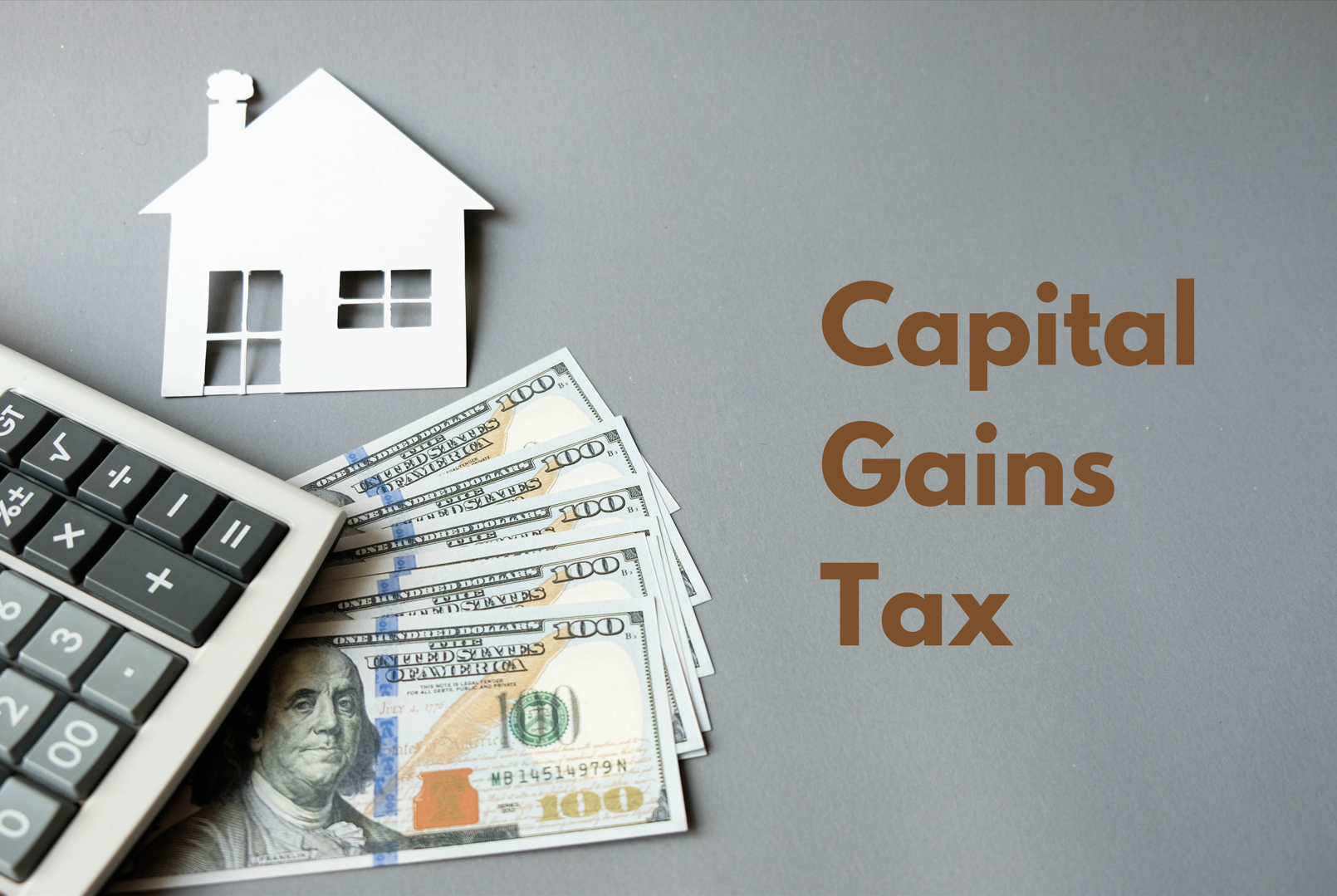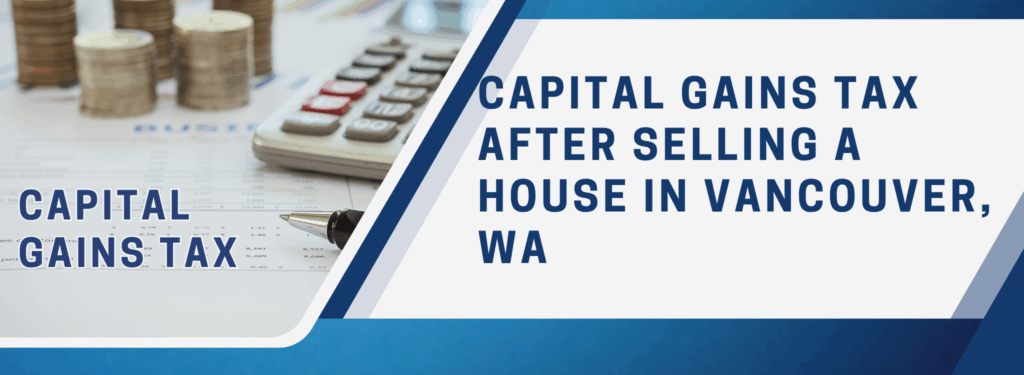
Understanding Capital Gains Tax: A Comprehensive Guide
To deal with the complicated capital gains tax rules when you sell your home in Vancouver, Washington, you must know a lot about how this tax works for real estate deals. When you sell a house and make a profit, you have to pay capital gains tax on that profit. To determine how much you owe, take the final sale price and subtract the original purchase price plus any qualifying improvements or costs.
In Vancouver, Washington, homeowners may be able to get tax breaks. For example, the primary residence exclusion lets people avoid up to $250,000 in capital gains if they have lived in the home for at least two of the last five years. This exemption doubles for married couples filing jointly. Since Washington doesn’t have its own capital gains tax on real estate deals, it’s crucial to consider the effects of federal and state taxes.
But keeping track of the documents you used to buy the property, the receipts you got for improvements, and the time you held on to it is important for correctly figuring out your tax gains. Talking to a tax expert who knows the local rules can advise you on your case, ensure you follow IRS rules, and help you save as much money as possible.
Key Factors Affecting Capital Gains Tax on Property Sales
A few essential things to remember when dealing with capital gains tax on property sales in Vancouver, Washington. These can significantly affect how much tax you have to pay. How long you’ve owned and stayed in your home is one of the most important things to consider.
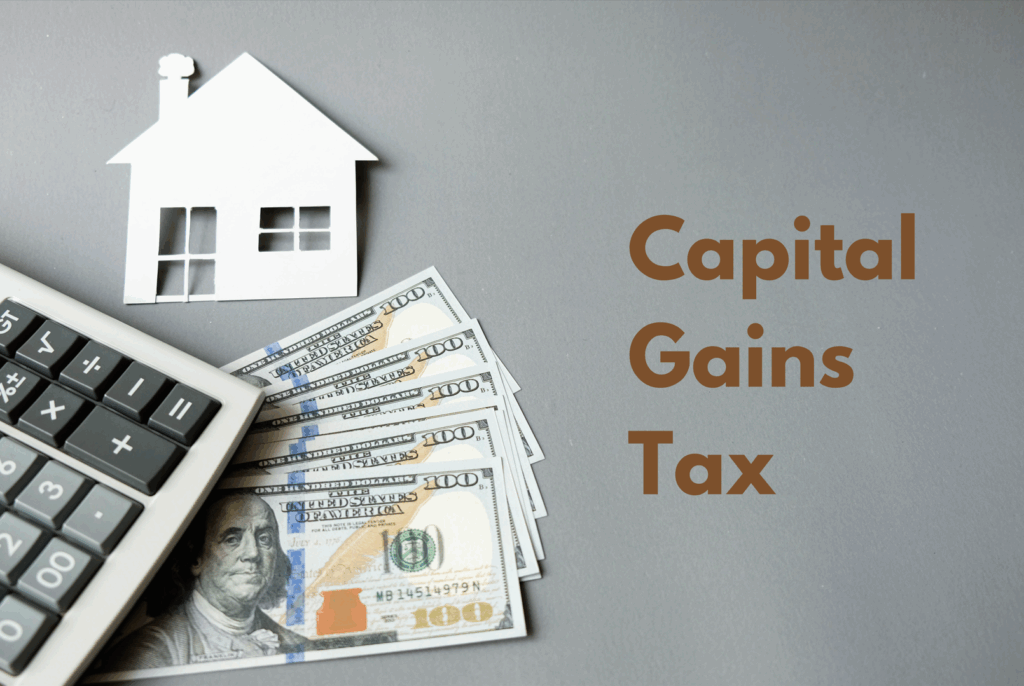
If you owned and lived in your home as your primary residence for at least two of the five years before you sold it, you may be able to avoid paying capital gains tax on a significant amount. For single filers, this could be up to $250,000, and for married couples reporting jointly, it could be up to $500,000. Any changes you’ve made to the property are also significant. Keeping good records of repairs or improvements can raise your home’s adjusted cost base and lower your taxable gains.
It’s also important to consider any depreciation claimed if the property was ever rented out, since that could turn some depreciation back into taxable income when the property is sold. In addition, knowing how the local market works and selling your home reasonably may help you make the most money by getting the best price and lowering your possible taxes.
Talking to a tax expert who knows Washington state laws will ensure you correctly use all the rules and deductions applicable to your situation.
How Capital Gains Tax Impacts Real Estate Sales in Vancouver, WA
If you’re selling a house in Vancouver, Washington, you need to know how the capital gains tax can affect the deal. The capital gains tax is a big part of figuring out how much money you made when you sold your house. It’s taken out of the earnings you made.
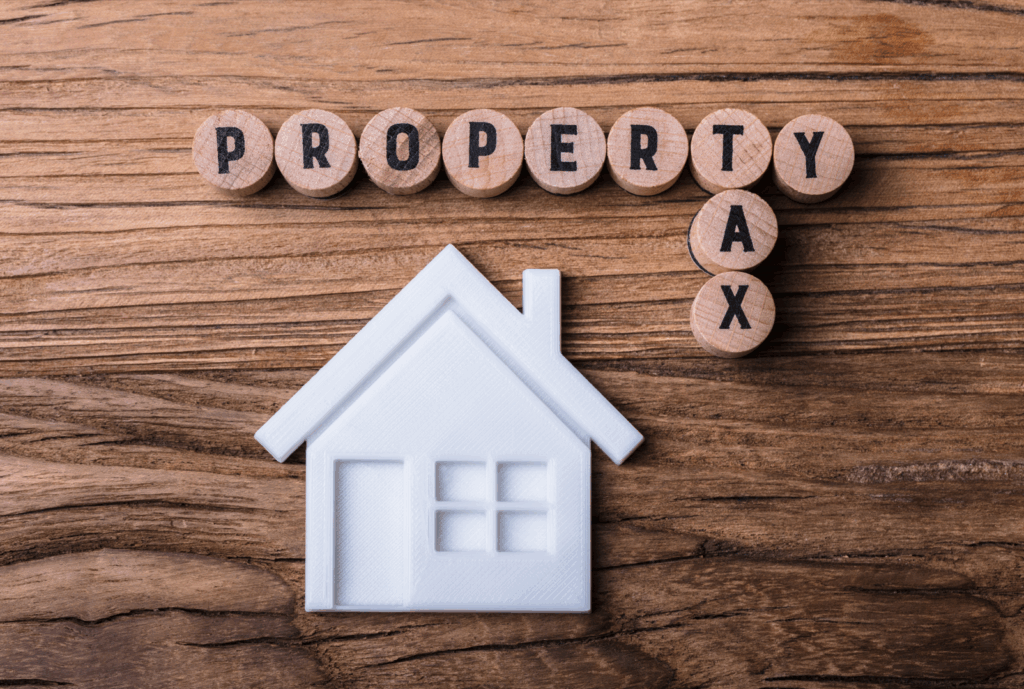
Homeowners in Vancouver, like homeowners everywhere else in the US, can get deductions that lower the amount they must pay in taxes. For example, if you stayed in your main home for at least two of the five years before you sold it, you may be able to get an exclusion of up to $250,000 if you are filing as a single person or up to $500,000 if you are married and filing jointly.
But if you make more than these limits, you’ll have to pay federal capital gains tax rates that depend on your income. Furthermore, Washington state does not charge an extra state-level capital gains tax on real estate sales, but it is essential to consider how future transactions might be affected by changes in the law.
To determine your real gain and ensure you follow IRS rules, you must accurately calculate your cost basis, including the purchase price and any qualifying improvements. Talking to a tax expert can give you unique advice specific to Vancouver’s real estate market and help you get the best financial results when you sell your home. We buy houses in Vancouver, Camas, Battle Ground, Ridgefield, and Washougal. We buy houses as-is and houses with termite damage and tenant damage.
Strategies to Minimize Capital Gains Tax When Selling Your Home
When you sell your Vancouver, Washington, home, knowing how to pay the least capital gains tax is essential. The primary residence exclusion is a good way to save money. It lets homeowners avoid up to $250,000 in capital gains for single filers and $500,000 for married couples filing jointly if they have lived in the property as their primary residence for at least two of the last five years.
You can lower your taxable gains by keeping detailed records of home improvements. This is because costs from major renovations can be added to the property’s cost base. You may also get the lower long-term capital gains tax rate if you time the sale well by looking at the market or waiting until after the closing date or after you’ve owned the property for more than a year.
Talking to a tax expert who knows the Washington state laws will ensure that you follow them and help you find all the benefits and credits you are eligible for under the current tax laws.
The Role of Primary Residence Exemption in Reducing Capital Gains
Knowing about the principal residence exemption can significantly affect how much capital gains tax you pay when you sell your home in Vancouver, Washington. If certain conditions are met, the principal residence exemption lets homeowners keep a lot of their capital gains tax-free.
To qualify, the house had to be your main home for at least two of the five years before you sold it. This exemption is essential to lowering possible tax bills by letting homeowners keep more of the money they get from the sale. However, it is crucial to maintain correct records and proof of residency and ownership to ensure you can get this exclusion.
When dealing with the complicated capital gains tax rules for Vancouver real estate deals, knowing these rules can help you get the most money out of them.
Calculating the Adjusted Cost Base for Accurate Tax Reporting
To correctly report your capital gains tax when you sell your home in Vancouver, Washington, you must figure out the “adjusted cost base.” The adjusted cost base is the sum of the property’s original price plus any other costs you had to pay to get it and keep it in good shape.
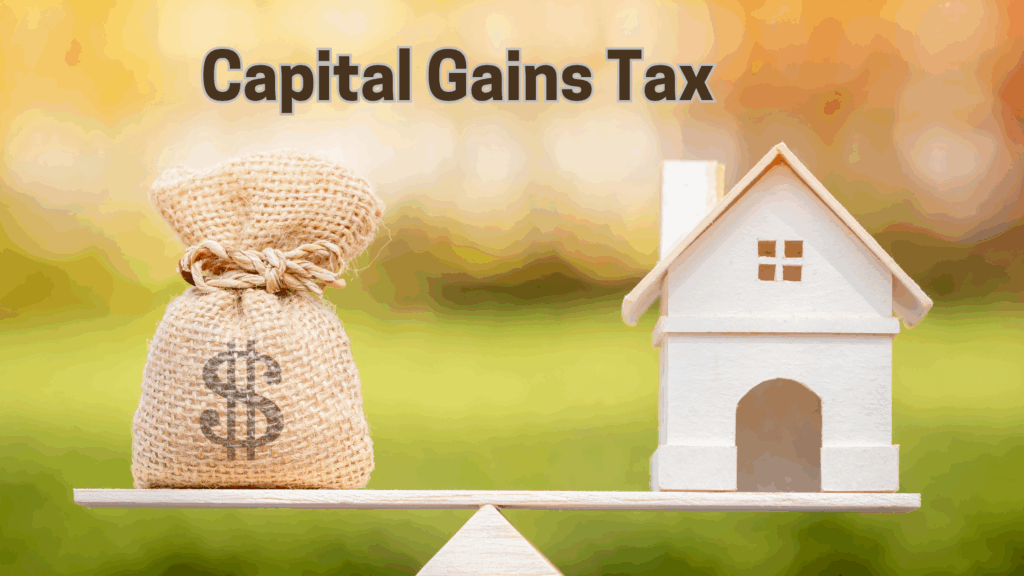
There are costs like legal fees, closing costs, and big repairs or improvements that make your home worth more. If you correctly figure out this base, you will be sure to report the correct amount of gain to the IRS when you sell your home.
It’s essential to keep careful records of all the costs and changes made over the years, as these can significantly affect the taxable gain by lowering the reported profit. Vancouver homeowners can better handle their capital gains tax obligations and possibly pay less in capital gains tax when they sell their home if they carefully keep track of these changes.
Keeping accurate records and knowing what expenses are tax-deductible are essential to correctly figuring out the adjusted cost base and lowering your tax bill. Sell With Isaac can help guide you through the process with expertise and care. You can read our reviews and also explore how we buy houses.
Short-term vs Long-term Capital Gains: What Sellers Need to Know
If you want to properly plan your taxes when you sell your home in Vancouver, Washington, you need to know the difference between short-term and long-term capital gains. If you sell a home you’ve owned for less than a year, you must pay short-term capital gains tax on any money you make. This tax is usually the same as your regular income tax rate.
This can be much higher than the rates used for long-term capital returns. However, if you kept your home for more than a year before selling it, the profit is considered a long-term capital gain and is taxed at a lower rate.
These rates change based on how much of your income is taxed, but they are usually better than short-term rates. It’s also essential to consider any possible exclusions for primary residences under IRS rules. If you stay in the home for at least two of the five years before selling it, this can further reduce or eliminate your capital gains liability.
The Impact of Home Improvements on Capital Gains Tax Liability
Knowing how home changes affect your capital gains tax when you sell your Vancouver, Washington home is essential. Capital gains tax is based on the money you made when you sold your home. However, some home improvements can raise the property’s cost basis, which could lower your taxable gains.
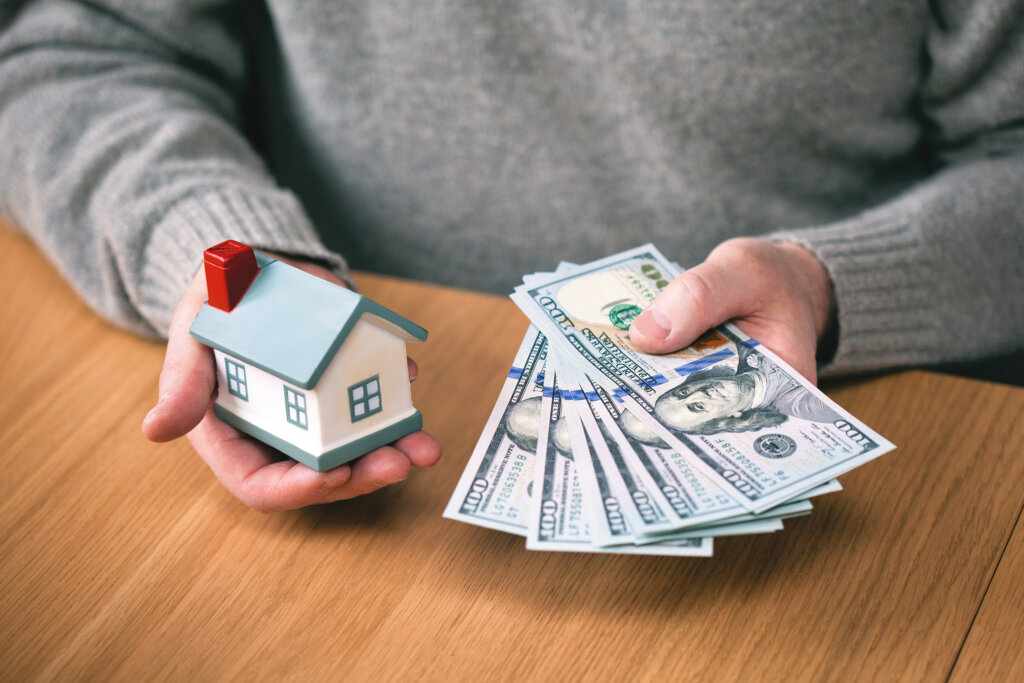
Significant improvements, like remodeling the kitchen, updating the bathroom, or installing a new roof, are usually eligible. These changes must raise the home’s value, make it last longer, or make it usable for new things. Also, selling a house with asbestos may require understanding which upgrades are necessary versus which can be avoided in an as-is sale.
To correctly change your cost base when figuring out your capital gains tax, you must keep careful records and receipts of all qualified expenses. By properly documenting and leveraging these changes, homeowners can minimize their tax exposure when they sell their homes in Vancouver’s competitive real estate market.
Inheritance and Gifted Properties: Understanding Tax Implications
When working with Vancouver, Washington’s capital gains tax, it’s essential to know what happens with properties that were given or inherited. When someone inherits a property, the value is usually raised to reflect what the property was worth on the market at the time of transfer.
This change can cut capital gains when a large portion of the house is sold. If you get a property as a gift, on the other hand, the cost basis usually stays the same as it was for the previous owner. This could mean you must pay more taxes when selling the property.
It’s important to remember that certain exemptions and limitations may apply, which could lower your tax bill in some situations. For instance, you might get a tax break if you stayed in a house you inherited as your main home for at least two years before selling it. This strategy can also prevent foreclosure on your home by giving you more time to stabilize your financial situation before selling.
How Much Capital Gains Tax on Selling a House in Washington State?
Homeowners in Washington State, especially those in Vancouver, need to know all about the complicated capital gains tax when they sell their home. In Washington, after considering costs and improvements, you must pay capital gains tax on real estate profits greater than the difference between how much your home sold for and how much you paid for it.
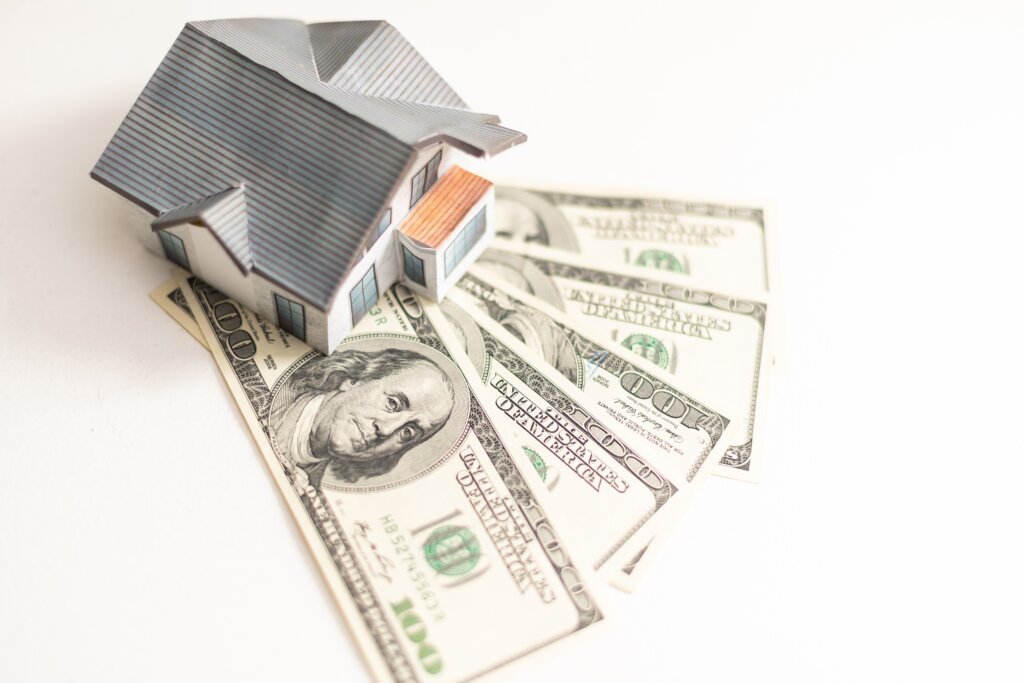
However, many homeowners can get big breaks: if you sold your home after living in it for at least two of the last five years, you might be able to get a capital gains tax deduction of up to $250,000 if you’re single and $500,000 if you’re married and filing jointly. This means that most sales of main homes will not be subject to federal capital gains tax within these limits.
Remember that even though Washington State does not charge an extra capital gains tax on real estate deals like some other states do, you are still required to report any taxable gain on your federal income tax return. You should talk to a tax professional to ensure you follow these rules correctly and get the most out of your deductions when selling a home in Vancouver or anywhere else in the state. This will help you stay aligned with IRS rules and get the best financial results.
What Is the New 7% Capital Gains Tax in Washington State?
A new 7% capital gains tax has been implemented in Washington state, affecting residents, including Vancouver residents. This tax applies only to sales of long-term capital assets, like stocks and bonds, that bring in more than $250,000 a year.
It is important to remember that this tax does not apply to selling real estate or retirement plans. Under the current rules, Vancouver homeowners who sell their main home will not have to pay this new 7% capital gains tax.
This tax aims to reduce income inequality and raise more money for state-funded programs. Still, knowing how it works is essential for making wise financial decisions when selling your Vancouver home.
How to Avoid Paying Capital Gains Tax in Washington State?
Knowing how to avoid paying capital gains tax when you sell your home in Vancouver, Washington, is critical. The IRS primary residence exclusion is a good approach that you can use.
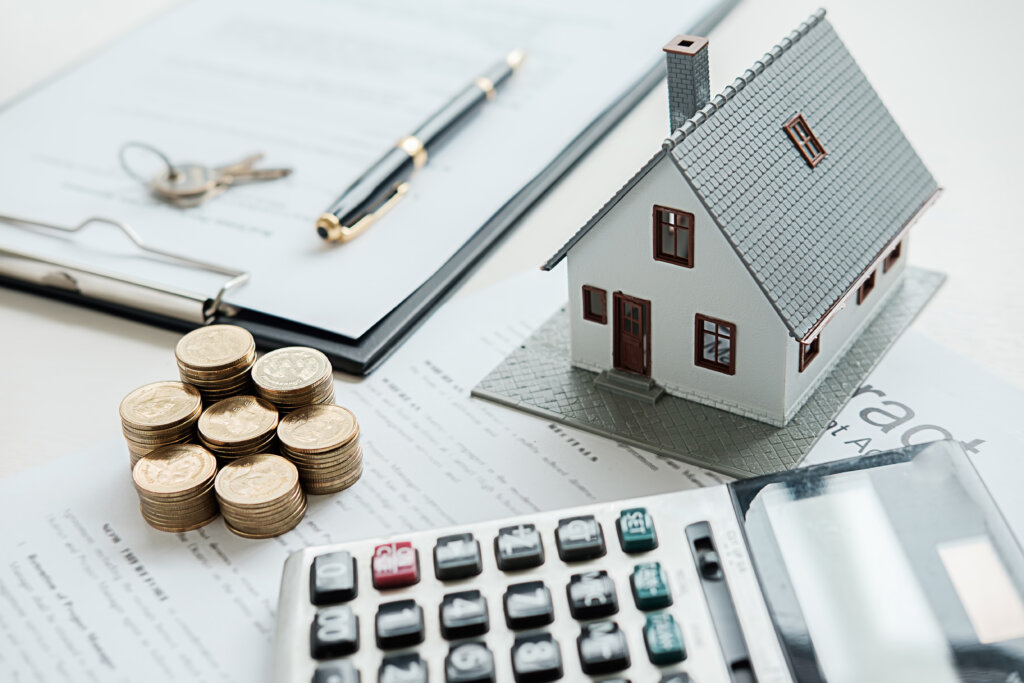
For this offer to work, you must have owned and stayed in your home for at least two of the five years before the sale. You can exclude up to $250,000 in capital gains if you’re single. If you’re married and reporting jointly, you can exclude up to $500,000.
Keeping good records of home changes can also help you raise your cost basis, which lowers your taxable gains. Also, planning the time of the sale can be helpful; you might want to put off the sale until you’ve met all the requirements for exclusions.
Talking to a tax expert who knows the laws in Washington state can help you improve your plan, ensure you’re following the rules, and lower your capital gains tax obligations.
How Do You Calculate Capital Gains After Selling a House?
To know your financial responsibilities when you sell a house in Vancouver, Washington, you must figure out the capital gains tax. To determine your capital gains, you must first find the home’s “adjusted basis,” which is the sum of its original purchase price and any significant changes you’ve made while owning it.
Next, find the property’s selling price and take out any costs that go along with it, like closing costs and real estate professional charges. Your capital gain is the difference between the adjusted base and the net price you sold it for.
As in the rest of the U.S., you may get a capital gains exclusion if you lived in your house for at least two of the last five years before selling it. This exclusion can cut your taxed capital gains by a lot or even get rid of them completely.
However, it is very important to know the specifics of local taxes and government rules to get through this process. Talking to a tax expert who knows the rules in Washington state can help you figure out the best way to handle your taxes when you sell your home.
| TAXPAYERS | TAX PAYMENTS | TAX SYSTEM | THE STATE OF WASHINGTON | CHARITABLE DEDUCTION | PAYMENTS |
| DOMICILE | INVESTMENT | TAX EXEMPTIONS | TANGIBLE PERSONAL PROPERTY | INTANGIBLE PERSONAL PROPERTY | EXCISE TAX |
| DONATION | TRUST | TAXPAYER | LLP | TAX CREDITS | STANDARD DEDUCTION |
| GROSS REVENUE | LLCS | INTERESTS | INFORMATION | TAXABLE YEAR | CHARITABLE DONATION |
| CASH | SEATTLE, WA | SEATTLE | RENTAL PROPERTY | PARTNERSHIP | MONEY |
| INVESTORS | 1031 EXCHANGE | INFLATION | PASS-THROUGH ENTITIES | FINANCIAL ADVISOR | INVESTMENT ADVISOR |
| ENTITY | CHARITY | CHARITABLE ORGANIZATIONS | WASHINGTON STATE CAPITAL GAINS TAX | BELLEVUE | WASHINGTON STATE SUPREME COURT |
| TAX-LOSS HARVESTING | SEC | TAX BURDEN | SUPREME COURT | STATE SUPREME COURT | INVESTMENT PROPERTY |
| OWNERSHIP INTEREST | ORGANIZATION | OPTION | OAKVILLE, WASHINGTON | OAKVILLE | TIMBER |
| LICENSE | JURISDICTION | INTERNAL REVENUE | IRC | INTANGIBLE ASSET | FEDERAL LEVEL |
| ESTATE TAX | DONOR-ADVISED FUND | DIVIDENDS | DEPARTMENT | CORPORATION | |
| UNCONSTITUTIONAL | CONSTITUTIONALITY | COMPANY | ACCOUNTING | ACCOUNTANCY | LONGTERM CAPITAL GAIN |
| LONGTERM CAPITAL GAINS | A REAL ESTATE | CAPITAL GAINS TAX AND |
Helpful Vancouver Blog Articles
- Sell Your Vancouver, WA, Home With Code Violations
- Tenant Damage To Property In Vancouver, WA
- How To Sell My House To A Developer In Vancouver, WA
- How To Sell A House With Termites In Vancouver, WA
- Capital Gains Tax After Selling A House In Vancouver, WA
- Selling A House With Title Issues In Vancouver, WA
- Squatters’ Rights In Vancouver, WA
- Sell Your House In Vancouver, WA, Using A Quitclaim Deed
- Who Is Paying Taxes When Selling A Home In Vancouver, WA
- Selling A Water-damaged House In Vancouver, WA
- Selling Your Inherited House In Vancouver, WA
- Selling A House With Asbestos In Vancouver, WA
- Home Equity For Selling Your House In Vancouver, WA
- Tips For Downsizing Your Home In Vancouver, WA
- Vancouver, WA Neighborhood Map
- Vancouver, WA Property Managers
- Understanding Vancouver, WA Property Tax Rate

